In recent years, along with the development of medicine , the life expectancy of Vietnamese people has been increasing. However, this also means that the rate of diseases related to aging is increasing, including prostate cancer.
According to MSc. Dr. Le Chi Hieu (Deputy Head of Oncology - Radiation Therapy Department, Friendship Hospital), prostate cancer is a disease that only occurs in men and the risk of getting the disease increases significantly with age. "Many recent statistics show that the disease is common in the 60-80 age group. As the population ages, the number of elderly patients increases, the rate of prostate cancer detection also increases," Dr. Hieu commented.
One of the biggest challenges of this disease is that the early symptoms are easily confused with urinary tract diseases. Many men when experiencing symptoms such as nocturia, painful urination, frequent urination often subjectively think that these are just symptoms of old age or benign prostatic hyperplasia. This subjectivity can cause patients to delay in examination, leading to the unfortunate situation that when the disease is discovered, it is already in the late stage.
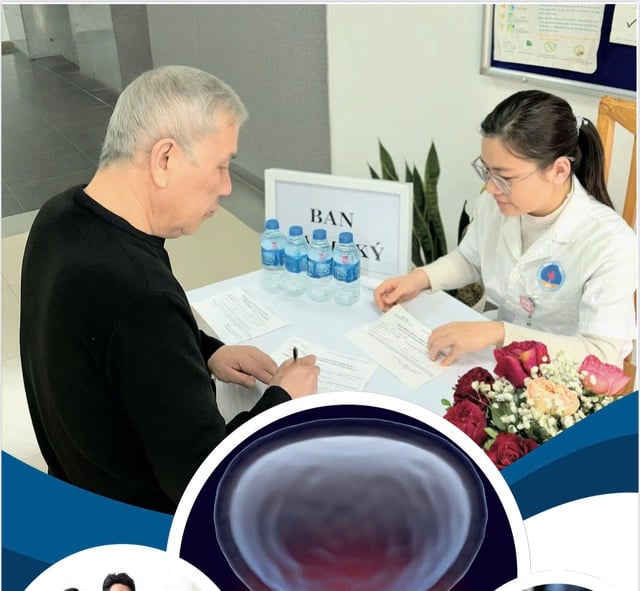
Early detection is key to changing the prognosis for prostate cancer patients.
Early detection: The golden key to changing prognosis
Like other cancers, detecting prostate cancer at an early stage is extremely important, determining the effectiveness of treatment and the patient's quality of life.
Dr. Hieu analyzed that if the disease is detected in the early stages (I, II, and III), the patient can be completely cured. "The patient's survival rate can be extended to 5 years or more, and they almost do not have to worry about prostate disease after being fully treated," Dr. Hieu emphasized.
On the contrary, when cancer has entered the late stage (stage IV), the disease progresses and causes serious complications, seriously affecting the quality of life and the success rate of treatment is also greatly reduced.
MSc. Dr. Le Chi Hieu pointed out dangerous complications in the late stages:
- Local invasion: The tumor grows large and invades surrounding organs, which can cause difficulty urinating, poor urine flow, blood in the urine, or recurring urinary tract infections.
- Bone metastasis: This is the most common and dangerous complication. When cancer metastasizes to the bone, it destroys the bone structure, increasing the risk of pathological fractures. Usually in the elderly, fracture complications have a very low rate of bone healing. This not only causes pain but also makes the patient bedridden, leading to many other complications and seriously reducing the quality of life.
Because of this huge difference in prognosis, screening to detect the disease at an early stage is extremely important.
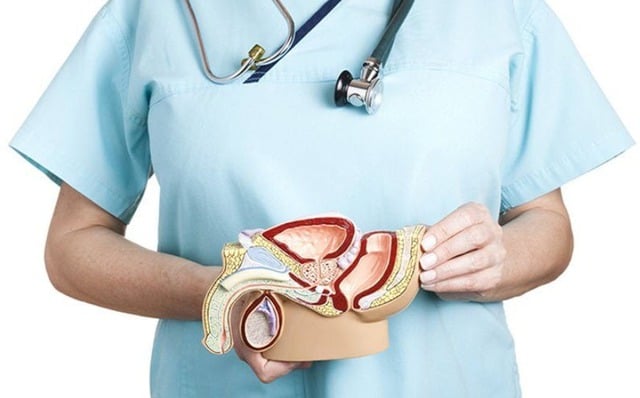
If detected early, the survival rate of prostate cancer patients can be extended to 5 years or more.
Who should be screened for prostate cancer and how?
To proactively protect health, Master, Doctor Le Chi Hieu recommends that the following subjects should proactively screen for prostate cancer:
- Men aged 45 to 50, even if they have no symptoms, should undergo regular screening.
- People (of any age) with symptoms of the lower urinary tract such as: nocturia, painful urination, frequent urination, incomplete urination, urinary incontinence...
Currently, the Department of Oncology - Radiation Therapy (Friendship Hospital) is implementing a completely free prostate cancer screening program for the public. Patients will be thoroughly examined clinically by oncologists to assess risk factors through the necessary paraclinical indications:
- Ultrasound: Helps examine the prostate, make a preliminary assessment of the size and shape of the prostate as well as the condition of the bladder.
- PSA test: This is a simple but valuable blood test that measures the concentration of a specific protein produced by the prostate gland. High PSA levels, the rate of increase in PSA, the percentage of free PSA and total PSA can all be warning signs of prostate problems, especially cancer.
Based on the combination of clinical examination, ultrasound and PSA test results, oncologists will give the most appropriate advice and instructions for each patient, which may include periodic monitoring or further testing if necessary.
Source: https://suckhoedoisong.vn/ung-thu-tien-liet-tuyen-moi-nguy-tham-lang-gia-tang-theo-tuoi-tho-169251124104312698.htm








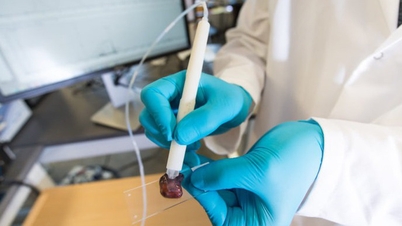

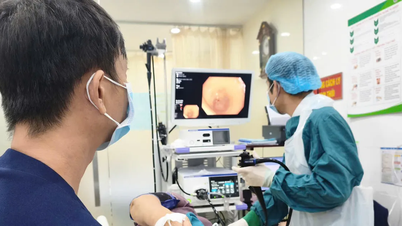



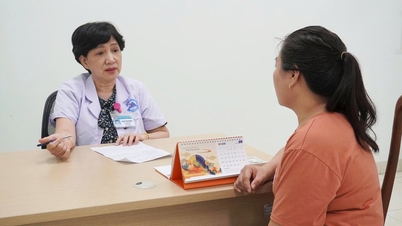




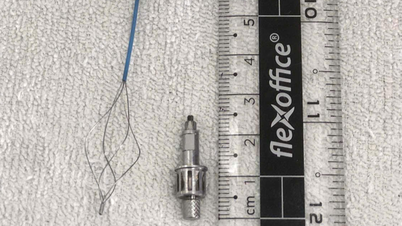









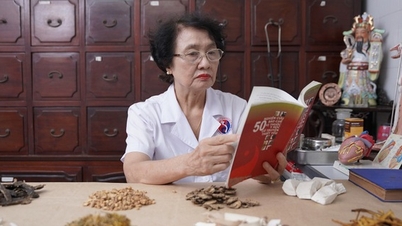
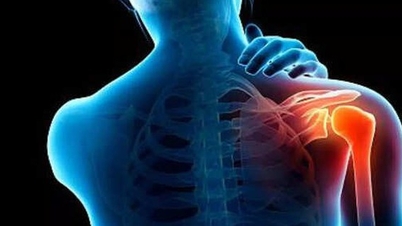








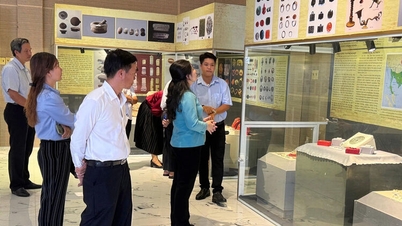

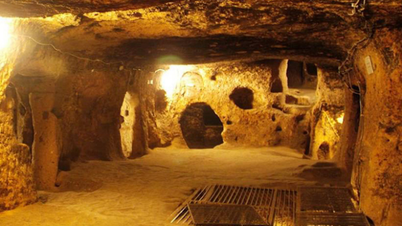

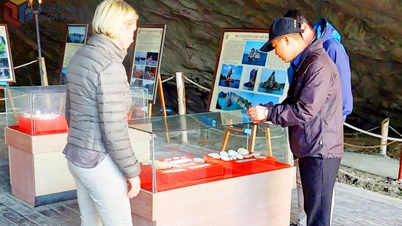















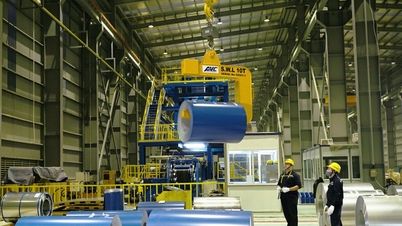












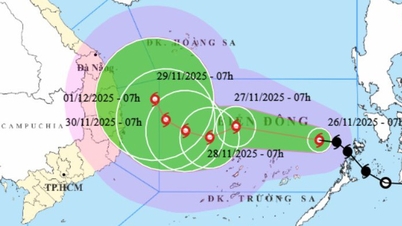

















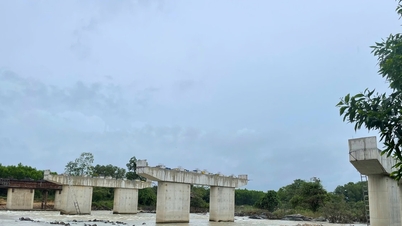
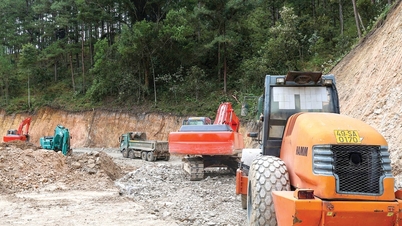

















Comment (0)